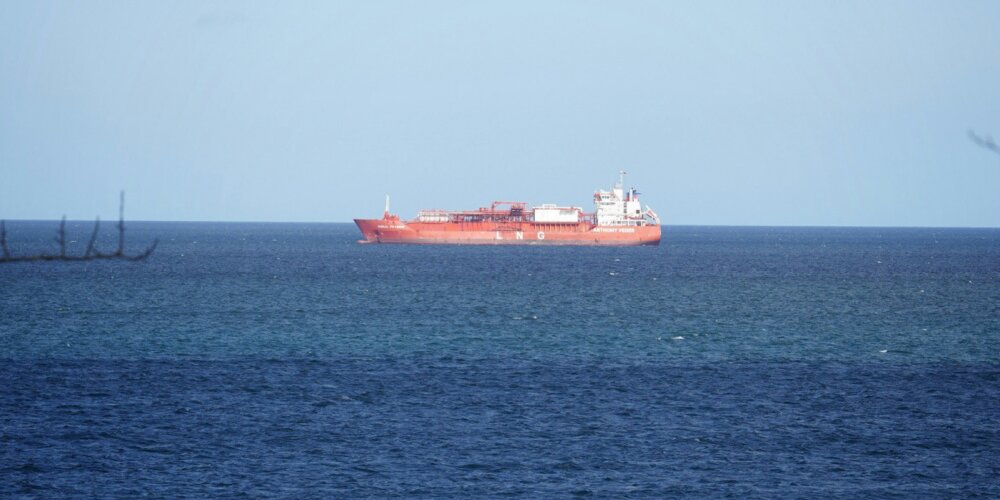Browse our services
Explore how Brookes Bell can help you
Find an expert
Meet our team, find and expert and connect
Contact us
Get in touch, we're here to help

Industry body SEA-LNG has issued a new forecast which suggests that ‘methane slip’ - the inadvertent release of gaseous methane into the atmosphere - will be eliminated from LNG engine technologies within a decade.
The issue arises from the fact that liquefied natural gas (LNG) predominantly consists of methane. When burnt in an engine, LNG doesn’t entirely combust, resulting in a small amount of methane being emitted into the atmosphere.
Due to the potent nature of methane as a greenhouse gas, policymakers and industry bodies alike are keen to eliminate such ‘methane slip’ from LNG-powered maritime engines. This is especially pressing given that methane emissions count for about 16% of all GHG emissions. What’s more, methane is 28 times as potent as carbon dioxide at trapping heat in the atmosphere.
However, as SEA-LNG’s new forecast suggests, progress on eliminating methane slip from LNG vessels has already been rapid.
As the organisation points out in its analysis:
‘Today, 2-stroke diesel cycle engines account for approximately 75% of the LNG-fuelled vessel order book. These engines have effectively eliminated slip already.
For low-pressure engine technologies where methane slip remains a challenge, manufacturers have already cut the levels of slip from low-pressure 4-stroke engines by more than 85% over the past 25 years. It is worth noting that methane slip has been eradicated for the similar LNG dual-fuel engine technologies used in the heavy-duty vehicle sector.
The science is clear, the technologies exist, and ongoing engineering will soon solve the problem’.
SEA-LNG points to a number of tangible examples where methane slip has been radically reduced. Take ROTOBOOST, a global hydrogen technology company, for example.
This company has developed what it calls Thermo-Catalytic Decomposition technology. This technology can be equipped onboard LNG vessels and works by cracking methane molecules into hydrogen and solid carbon. The hydrogen is mixed into the methane fuel feed flow to the engines, directly contributing to lower methane and CO2 emissions.
Peter Keller, Chairman of SEA-LNG, commented on his organisation’s forecast, saying:
“We congratulate the efforts and initiatives such as the Methane Abatement in Maritime Innovation Initiative (MAMII) and the GREEN RAY project. As LNG continues to gain widespread recognition as the current practical and realistic alternative fuel pathway, it is reassuring to see growing evidence that the challenge of methane slip will be eliminated within this decade.
There is universal agreement that the science is understood, and we have the necessary tools and technology to abate methane emissions, it is the final elements of the engineering that are being worked on.
This, in combination with the option to transition to net zero emissions through bio-methane and e-methane, provides ship owners and operators with the confidence that vessels ordered today are future-proofed for the next 25-30 years. This cannot be said for any other alternative fuel right now”.
The maritime world may be transitioning to alternative fuels, but, for now, the majority of vessels are still reliant on traditional bunker fuels.
And, occasionally, bunker fuel quality issues can cause real headaches - with contaminated fuels resulting in engine damage and more.
If you find yourself involved in a bunker fuel oil quality dispute, then it’s vital you can get solid evidence and answers. Brookes Bell’s bunker fuel experts can help you do exactly that.
For more maritime industry insights, news and information, read the Brookes Bell News and Knowledge Hub…
LNG and Container Ships Dominate Newbuild Orders | LNG Carbon Capture Test Achieves ‘Promising Results’ | Methanol Overtakes LNG As the Alternative Fuel of Choice